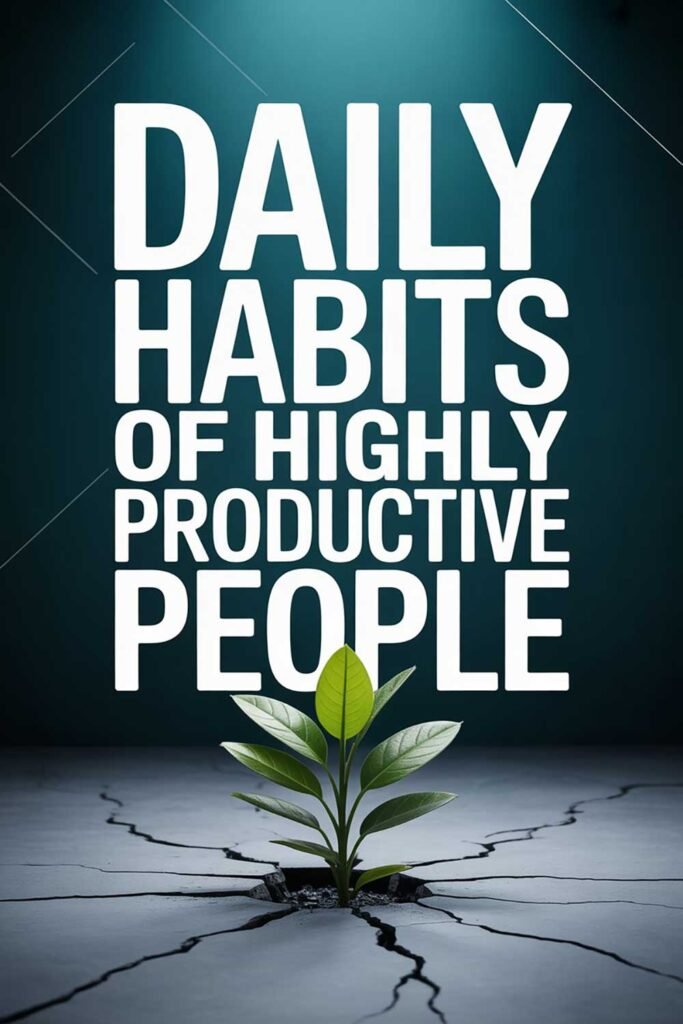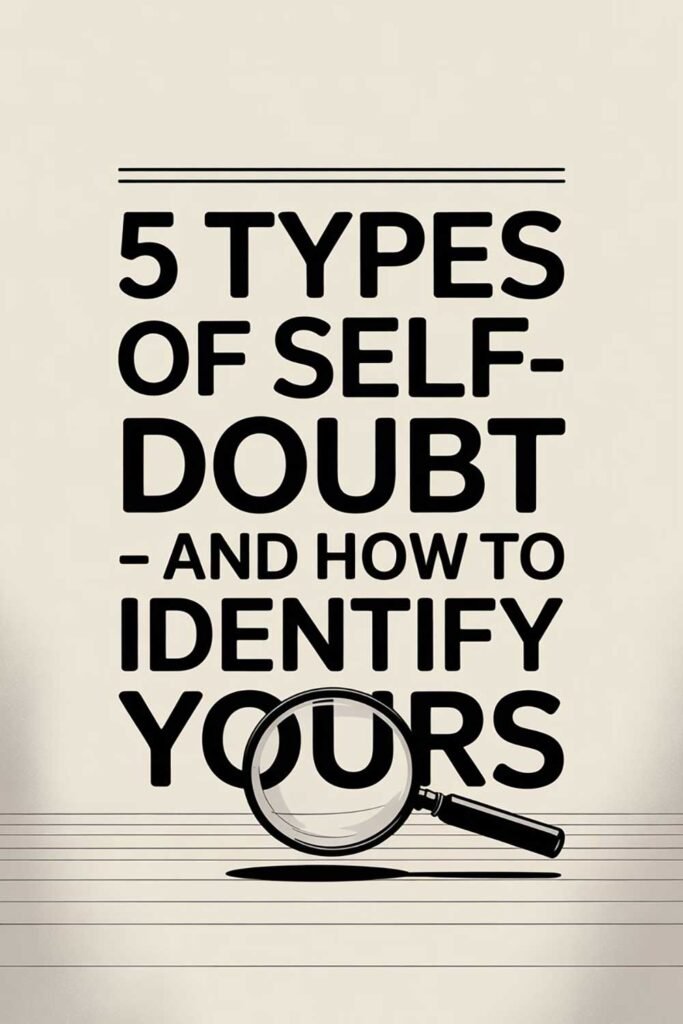Critical Thinking
Critical thinking is an essential skill that allows individuals to analyze information, make logical decisions, and solve problems effectively. In a world full of misinformation and complex challenges, cultivating critical thinking can help you make better judgments and navigate life with confidence. This article explores the importance of critical thinking, its key components, and practical ways to develop this skill in everyday life.

What is Critical Thinking?
Critical thinking is the ability to objectively evaluate information, identify biases, and apply reasoned judgment to form well-informed conclusions. It involves questioning assumptions, recognizing logical fallacies, and making decisions based on evidence rather than emotions or personal biases.
Key Components of Critical Thinking
To effectively engage in critical thinking, it’s important to understand its core components:
1. Analysis
Breaking down complex ideas and examining different aspects of an issue to understand how they relate to one another.
2. Evaluation
Assessing the credibility of sources, identifying biases, and distinguishing between fact and opinion.
3. Inference
Drawing logical conclusions based on available evidence and reasoning rather than assumptions.
4. Interpretation
Understanding and explaining the meaning of data, experiences, and information in a coherent way.
5. Problem-Solving
Applying logic and reasoning to develop effective solutions to challenges and obstacles.
6. Self-Regulation
Reflecting on one’s own thought process and adjusting it when necessary to improve decision-making and reasoning.
The Importance of Critical Thinking
Critical thinking enhances various aspects of life, including:
- Better Decision-Making: Helps in making well-reasoned choices in personal and professional life.
- Stronger Problem-Solving Abilities: Allows for logical analysis of issues to find effective solutions.
- Improved Communication: Encourages clear, rational discussions based on evidence.
- Greater Creativity: Encourages looking at problems from different perspectives.
- Increased Independence: Enables individuals to form their own opinions rather than relying on external influence.
How to Develop Critical Thinking Skills
1. Ask Questions
- Always question assumptions and seek clarity.
- Use “Why?”, “How?”, and “What if?” to explore different viewpoints.
2. Gather and Evaluate Information
- Use reliable sources and verify facts.
- Distinguish between primary and secondary sources.
3. Identify Biases and Fallacies
- Recognize emotional reasoning, false equivalences, and misleading statistics.
- Challenge preconceived notions and perspectives.
4. Think in Alternatives
- Consider multiple solutions before making a decision.
- Weigh pros and cons of different options.
5. Practice Reflection
- Analyze past decisions and their outcomes.
- Learn from mistakes to improve future thinking.
6. Engage in Intellectual Discussions
- Discuss complex issues with others to gain new insights.
- Be open to opposing viewpoints and constructively challenge ideas.
Inspirational Quotes on Critical Thinking
- “The essence of the independent mind lies not in what it thinks, but in how it thinks.” – Christopher Hitchens
- “Do not believe everything you think. Thoughts are just that – thoughts.” – Allan Lokos
- “Education is not the learning of facts, but the training of the mind to think.” – Albert Einstein
- “Critical thinking is the key to creative problem-solving in business.” – Richard Branson
- “Too often we enjoy the comfort of opinion without the discomfort of thought.” – John F. Kennedy
- “An educated mind is one that can entertain a thought without accepting it.” – Aristotle
- “Critical thinking requires us to use our imagination, seeing things from perspectives we never imagined and questioning what we take for granted.” – Bell Hooks
- “The first principle is that you must not fool yourself – and you are the easiest person to fool.” – Richard Feynman
- “We can complain because rose bushes have thorns, or rejoice because thorns have roses.” – Alphonse Karr
- “The ability to observe without evaluating is the highest form of intelligence.” – Jiddu Krishnamurti
Picture This
Imagine you’re faced with a difficult decision—one that could impact your career, relationships, or personal growth. Instead of rushing into it emotionally, you take a step back. You analyze the facts, question your assumptions, and consider different perspectives. You weigh the pros and cons carefully, ensuring that your choice is based on logic and evidence rather than impulse. As a result, you make a confident, well-informed decision that leads to positive outcomes. How much more empowered would you feel if you approached every challenge this way?
Please Share This Article
If you found this article helpful, please share it with others who might benefit from improving their critical thinking skills!






